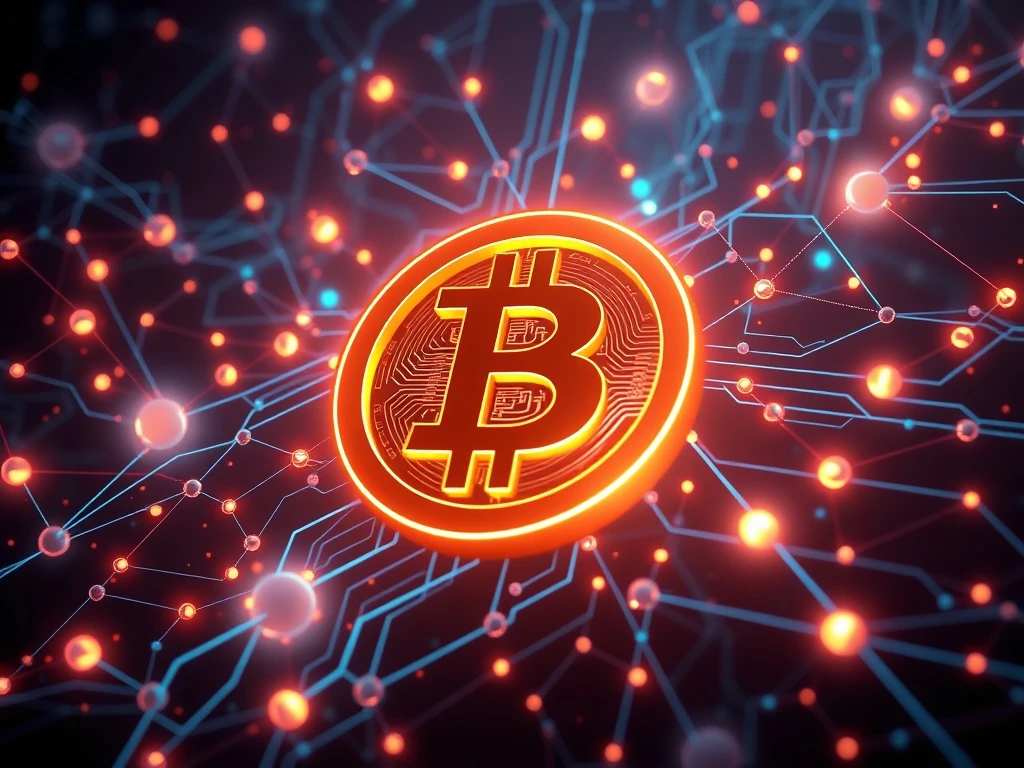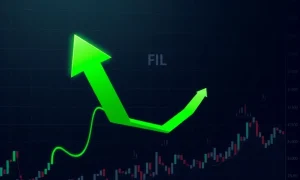The Bitcoin blockchain faces a critical crossroads as developers and investors debate the future of block filters. These technical restrictions significantly impact Bitcoin’s network utility and economic model. Understanding this complex issue reveals why current limitations may hinder innovation while threatening long-term viability.
Understanding Bitcoin Block Filter Mechanics
Bitcoin’s block filter system primarily restricts OP_RETURN data storage to 80 bytes per transaction. This limitation forces developers to use inefficient workarounds that actually increase network bloat. Consequently, the very filters designed to protect Bitcoin may be causing the problems they aim to prevent.
Innovation Bottlenecks from Block Filters
The current Bitcoin block filter restrictions create significant barriers for developers. Modern applications require more data storage than the 80-byte limit allows. Therefore, developers must use witness fields or fake outputs, which:
- Increase UTXO set bloat
- Reduce network efficiency
- Drive up transaction costs
These workarounds demonstrate how Bitcoin block filter limitations ironically create the congestion they were meant to prevent.
Economic Impact of Bitcoin Block Filters
Bitcoin’s economic model suffers from artificial scarcity created by block filters. During high demand periods, fixed block size limits and data restrictions drive transaction fees upward. Research shows that without congestion, Bitcoin’s fee market fails to generate sufficient miner revenue. This situation threatens network security and long-term sustainability.
Proposed Solutions and Their Implications
Some developers propose expanding OP_RETURN to 4MB per transaction. This change could enable:
- Efficient dApp development
- Improved layer-2 protocol security
- Better data anchoring solutions
However, critics warn that relaxed Bitcoin block filter rules might attract spam and illegal content. The community must balance innovation with responsible development.
Ideological Divide in Bitcoin Development
The Bitcoin block filter debate reflects deeper philosophical differences. Some view Bitcoin as purely a monetary system requiring lean operation. Others see potential for broader utility as a decentralized data platform. This tension between preservation and expansion will shape Bitcoin’s future trajectory.
Investment Considerations and Future Outlook
Investors should monitor Bitcoin block filter developments closely. Changes could significantly impact network utility and adoption rates. A more flexible approach might attract developers and enterprises seeking decentralized data solutions. However, regulatory concerns and network stability remain critical factors.
Frequently Asked Questions
What are Bitcoin block filters?
Bitcoin block filters are technical restrictions that limit data storage in transactions, primarily through OP_RETURN limitations currently set at 80 bytes.
How do block filters affect Bitcoin’s economy?
They create artificial scarcity during high demand, driving up transaction fees and potentially reducing miner revenue during low congestion periods.
Why do developers want to change OP_RETURN limits?
Developers seek larger data capacities to build more sophisticated applications without resorting to inefficient workarounds that bloat the network.
What risks come with relaxing block filters?
Potential risks include increased spam transactions, higher storage costs for nodes, and possible embedding of illegal content on the blockchain.
How does this debate affect Bitcoin’s future?
The outcome will determine whether Bitcoin remains primarily a monetary system or evolves into a broader decentralized data platform.
What’s the current status of OP_RETURN proposals?
Proposals to expand to 4MB exist but face significant debate within the development community regarding implementation and consequences.








